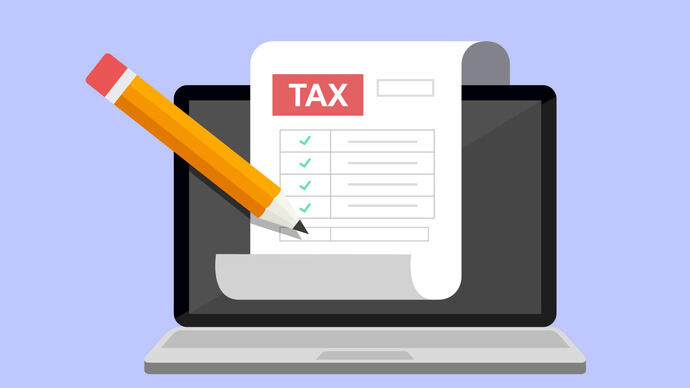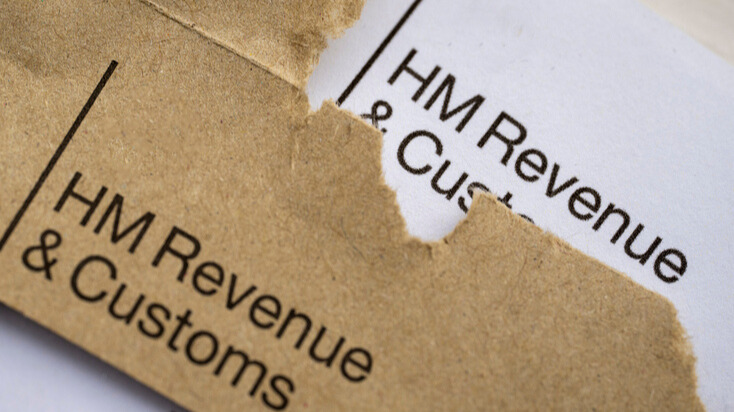The private sector is made up of 4.8 million businesses employing around 14 million people, accounting for 47 per cent of the UK workforce and 37 per cent of turnover (£1,500 billion). There is no doubt that small businesses would benefit from a tax incentive to take on additional staff. At present the tax burden of employment is a limiting factor to businesses recruiting. A further cut in employers’ national insurance (NI) for small businesses would be welcomed and should be encouraged.
SMEs are the lifeblood of the UK economy but are naturally prudent about how they invest in their businesses. Tax reductions are of course welcome, but the reality is that tax cuts need to be more dynamic to encourage significant investment and therefore to stimulate the economy. The current capital allowances annual investment allowance at £250,000 is helpful. However, a significant further increase in this to £1 million would create a huge stimulus to capital expenditure in the UK and hence improve employment and the economy generally. The Chancellor should be brave enough to be radical to make this change, which would be welcome by all business, not just SMEs.
Despite a number of government backed incentives to improve bank lending, small businesses are still struggling to borrow even the most modest amounts to help their investment and growth plans. The government needs to do much more to encourage the banks to lend on less onerous terms and without the levels of administration that are currently in place. Our experience is such that businesses are choosing not to borrow to invest rather than deal with lenders who seem unable to lend on terms that are genuinely commercial from the businesses perspective.
With that said, what is the best way to deal with some of the tax burdens that SMEs face? Here are the magnificent seven things all SMEs should know.
- Review motor cars owned by the company to ensure they are energy efficient. Cars with CO2 emissions less than 95g/km will benefit from 100 per cent capital allowances in the year of purchase.
- R&D tax credits are not just for companies hiring people in white coats. If your company is improving a production method or bringing new products to the marketplace, the company may be entitled to R&D tax credits that will uplift qualifying expenditure by an additional 125 per cent.
- Look at alternative ways to remunerate, incentivise and retain key employees. Approved share schemes such as EMI allow employees to receive share options and shares in a tax-efficient manner.
- Does your business own a property? Are you claiming capital allowances on that property? All buildings will have an element of capital allowance qualifying expenditure such as heating systems, electrics and plumbing, which, once identified, will reduce your tax bill.
- From April 2014, the government has proposed a £2,000 reduction in the national insurance cost for companies. This will be one reduction per employer no matter how many employees you have.
- Businesses looking for investment to grow should explore alternative sources of finance such as Regional Growth Funds, EIS and the Business Growth Fund.
- To improve cash flow, businesses may consider issuing requests for payment rather than invoices. The VAT then becomes due at the point payment is received from the customer.
Further reading on accounts and tax
– The top five accountacy errors made by small businesses
– What happens when your business is subjected to a PAYE audit




